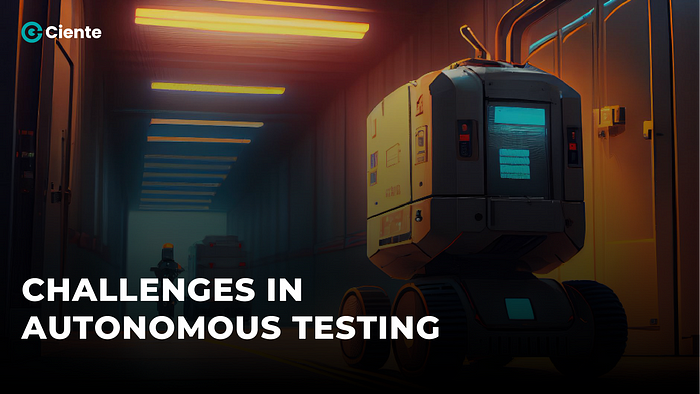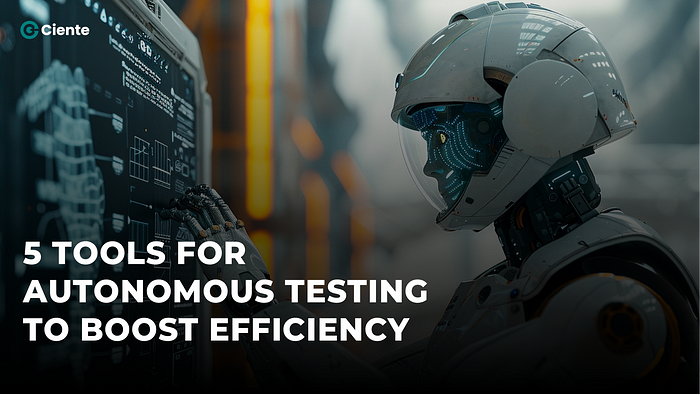 Affiliate Blog Copy – Sell Without Selling. Earn More Now!
Affiliate Blog Copy – Sell Without Selling. Earn More Now!
The Introduction of Data-Driven Workflows
Written by Team Ciente » Updated on: June 17th, 2025

The world is awash in data. From social media interactions to financial transactions, a constant stream of information flows through every aspect of our lives, and businesses are no exception. But what good is all this data if it remains in silos, unanalyzed and unused? This is where the concept of data-driven workflows emerges, revolutionizing how we work and collaborate in the information age.
What are Data-Driven Workflows?
Imagine a world where every decision is backed by data, not guesswork. This is the essence of data-driven workflows. It’s a systematic approach to work processes that leverages data at every stage, from planning and execution to monitoring and evaluation. It involves integrating data from various sources, analyzing it using specialized tools, and incorporating the insights gained into decision-making and task execution.
The Power of Data-First Collaboration
Data-driven workflows foster a culture of data-first collaboration, where teams work together using data as the common ground. This collaborative approach breaks down silos between departments, fostering transparency and shared understanding. Imagine the marketing team collaborating with sales based on real-time customer insights, or the product development team working with customer support to address pain points identified through data analysis.
Benefits of Data-Driven Workflows
Improved decision-making: Data provides objective insights, leading to more informed and strategic decisions across the organization.
Increased efficiency: Automating routine tasks based on data analysis frees up valuable employee time for strategic thinking and creative problem-solving.
Enhanced collaboration: Data-first collaboration fosters transparency and shared understanding, leading to better teamwork and improved outcomes.
Greater agility: By using real-time data to monitor and adapt processes, organizations can respond quickly to changing circumstances and market demands.
Challenges of Implementing Data-Driven Workflows
While data-driven workflows offer compelling benefits, implementing them also comes with challenges:
Data quality and accessibility: Ensuring data is accurate, complete, and readily accessible across the organization is crucial. Poor data quality can lead to misleading insights and hinder the effectiveness of data-driven workflows.
Data literacy and skills: Employees need training and support to understand, analyze, and interpret data effectively. Without sufficient data literacy, they may struggle to utilize data in their work and fully benefit from data-driven workflows.
Cultural shift and resistance: Implementing data-driven workflows often requires a cultural shift within the organization. Some individuals may be resistant to change or feel apprehensive about relying solely on data for decision-making.
Technology and infrastructure: Organizations may need to invest in data storage, analytics tools, and infrastructure to support data-driven workflows effectively.
Overcoming the Challenges
Despite these challenges, organizations can overcome them by:
Prioritizing data governance: Establish clear policies and procedures for data collection, storage, and access to ensure data quality and security.
Investing in data literacy programs: Upskilling employees on data analysis and visualization skills is crucial for effective data utilization.
Promoting a data-driven culture: Foster open communication and collaboration around data, promoting the use of data-driven insights for decision-making.
Evaluating and adapting workflows: Continuously monitor and evaluate the effectiveness of data-driven workflows and make adjustments as needed.
Implementing Data-Driven Workflows
Identify data sources: Start by identifying all the relevant data sources within your organization, both internal and external.
Invest in data tools: Utilize data analysis and visualization tools to transform raw data into actionable insights.
Foster a data culture: Cultivate a data-driven mindset by training employees on data analysis and interpretation skills.
Embrace collaboration: Encourage cross-functional collaboration based on shared data insights to break down silos and unlock the true power of data-driven workflows.
The Future of Work
Data-driven workflows are not just a trend; they are the future of work. By embracing a data-first approach, organizations can unlock new levels of efficiency, collaboration, and success in the ever-evolving information age. As we move forward, the ability to leverage data effectively will be a key differentiator for businesses, and those who embrace data-driven workflows will be best positioned to thrive in the years to come.
AUTHOURS BIO:
With our best tech publication, Ciente , business leaders stay abreast of tech news and market insights that help them level up now.
Technology spending is increasing, but so is buyer’s remorse. We are here to change that. Founded on truth, accuracy, and tech prowess, Ciente is your go-to periodical for effective decision-making.
Our comprehensive editorial coverage, market analysis, and tech insights empower you to make smarter decisions to fuel growth and innovation across your enterprise.
Let us help you navigate the rapidly evolving world of technology and turn it to your advantage.
Note: IndiBlogHub features both user-submitted and editorial content. We do not verify third-party contributions. Read our Disclaimer and Privacy Policyfor details.
Copyright © 2019-2025 IndiBlogHub.com. All rights reserved. Hosted on DigitalOcean for fast, reliable performance.
















